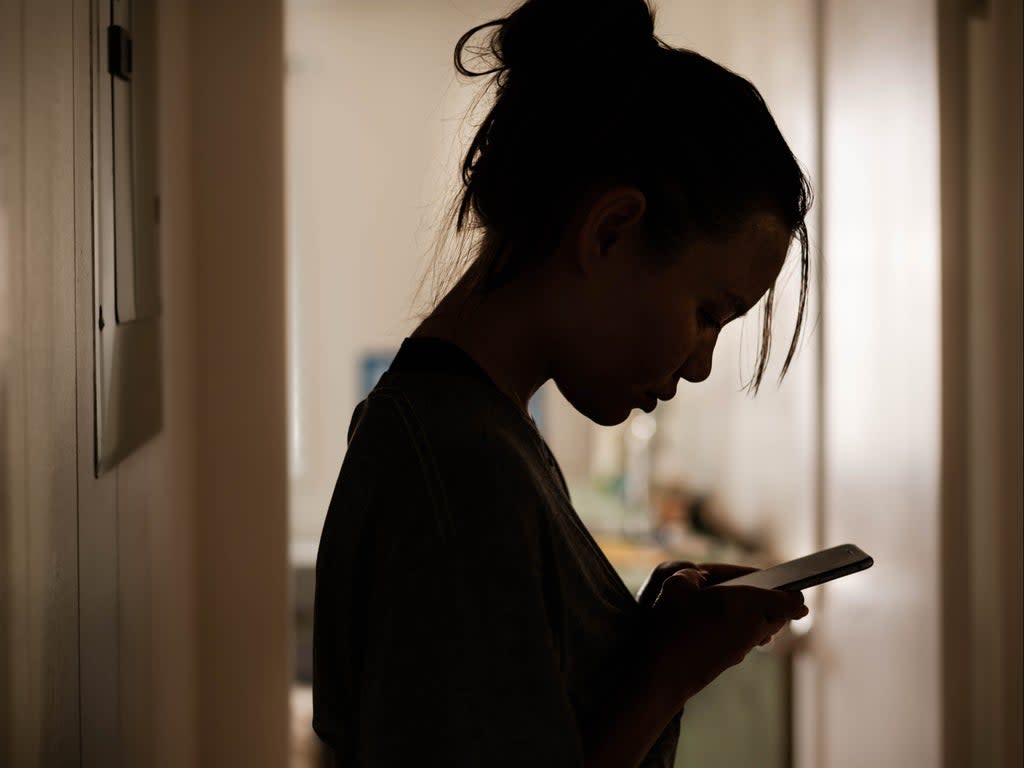UN’s ‘bodyright’ campaign calls for stronger protection of women online

The United Nations has launched a new campaign which demands protection of women and girls’ bodies from online violence.
The UNFPA, the UN’s agency dedicated to advancing sexual and reproductive rights and ending gender-based violence is asking women to use its new “bodyright” symbol, which it describes as a new “copyright for human bodies”, when posting pictures of themselves on social media.
The campaign hopes to highlight the contrast between the protection afforded to copyrighted intellectual property and the protection of women, ethnic minorities and members of the LGBTQ+ community from online violence.
“Relentless, borderless, and often anonymous – the online world is the new frontier for gender-based violence,” UNFPA executive director Dr Natalia Kanem said.
“It’s time for technology companies and policymakers to take digital violence seriously.
“Right now, corporate logos and copyrighted IP receive greater protection online than we do as human beings.”
Examples of digital violence include the sharing of intimate images, known as revenge porn, and deep fakes – manipulating images using artificial intelligence.
According to the Economist Intelligence Unit, 85 per cent of women across the world have experienced or witnessed digital violence against other women, while 38 per cent have experienced it personally.
Additionally, 66 per cent of women have experienced cyber-harassment and 57 per cent have experienced video and image-based abuse.
The effects of online violence are widespread. Nine out of 10 women said it had harmed their well-being, and a third said they suffered from mental health issues as a result.
Alongside the campaign, the UNFPA is asking people to sign a petition calling on policymakers and social media companies to introduce greater protections.
“We appeal to policymakers to adopt, amend and implement clear legislation to criminalise the non-consensual use, misuse, or abuse of people’s images online and create a legal obligation for technology companies and social media platforms to put effective moderation and reporting systems in place,” the petition reads.
It asked social media platforms to scale up moderation of content and take immediate action against abusive images.
“Reporting processes and tools for users must be accessible, easy to use and responsive,” it added.
You can sign the petition here.
Read More
Walking home after dark is a psychological minefield for women this winter
The unexpected triggers experienced by survivors of sexual violence
‘The stakes feel horribly high’: The women having to shield during IVF
‘The stakes feel horribly high’: The women having to shield during IVF
Living in greener areas can reduce PMS symptoms, study finds
Royal College of Midwives apologises after calling mothers ‘postnatal people’

